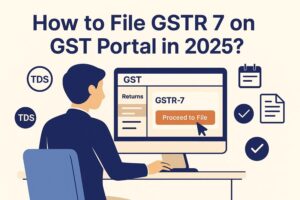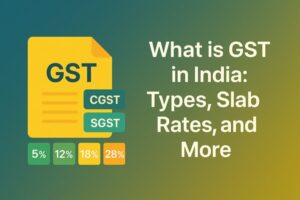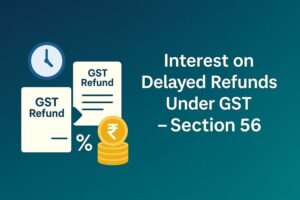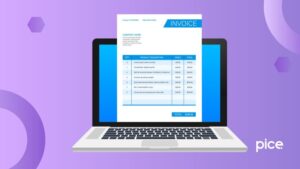Section 194J: TDS Entry for Professional Fees with GST
- 10 Jul 25
- 9 mins

Section 194J: TDS Entry for Professional Fees with GST
- Exemptions: When Is TDS Under Section 194J Not Required?
- What Is the Meaning of Professional Service & Technical Service?
- TDS Exemption Limit Under Section 194J
- What Is the Rate & Time Limit for the Deposit of TDS?
- Some Special Considerations by CBDT (Government) Circular on 194J Applicability
- When Is the TDS Statement Issued and By Whom Under Section 194J?
- Consequences of Non-deduction or Late Deduction of TDS
- Conclusion
Key Takeaways
- TDS under Section 194J is applicable on professional fees, technical services, royalty, non-compete fees, and director payments.
- Individuals and HUFs are exempt from deducting TDS for personal payments and under specific turnover thresholds.
- The standard TDS rate is 10%, but only 2% applies to technical services and call centres—subject to ₹50,000 annual limits.
- Non-compliance with TDS rules under Section 194J can lead to penalties, interest, expenditure disallowance, and even prosecution.
- Timely deduction, deposit, and issuance of Form 16A are critical to stay compliant and avoid legal consequences.
Section 194J of the Income Tax Act, 1961 mandates the deduction of tax at source (TDS) on certain specified payments such as professional fees, technical service fees, royalty, and non-compete fees. This provision is crucial for regulating tax collection at the point of payment and ensuring wider tax compliance.
It applies to individuals, companies, and other entities making such payments to resident taxpayers. Knowing Section 194J is essential for businesses and professionals alike, as non-compliance can attract penalties and interest.
Learn in detail about TDS deduction under Section 194J and financial statements here to adhere to the timelines and ensure compliance with tax laws.
Exemptions: When Is TDS Under Section 194J Not Required?
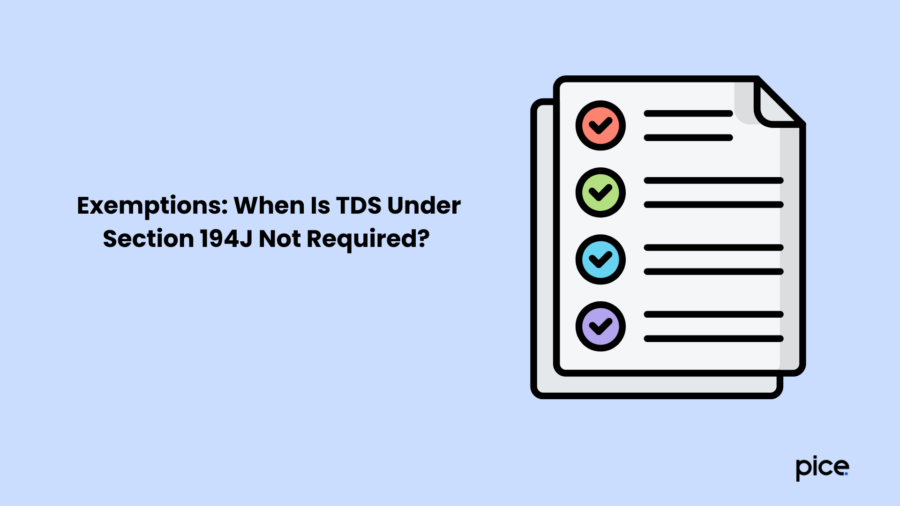
Here are the exemptions to Section 194J:
● When individuals or HUF (Hindu Undivided Family) make payments for personal purposes.
● Payments that you make to non-resident contractors or subcontractors.
● TDS (Tax Deducted at Source) does not apply when the total payment during a financial year or a single transaction does not exceed the threshold limit.
● For HUFs and individuals, TDS does not apply to royalty and non-compete fees despite its payment for commercial purposes.
Who Is Required to Deduct TDS Under Section 194J?
Business entities, excluding HUF or individuals, need to deduct TDS on fee payments if they did not conduct a tax audit in the preceding financial year. Further, this deduction applies to technical and professional services. However, the following individuals do not have to deduct TDS on payments:
● If the annual turnover of an HUF or individual (service providers) does not exceed ₹1 crore in the previous financial year, he/ she does not have to deduct TDS (no TDS payable).
● When an HUF or individual is involved in a profession with a turnover of less than ₹50 lakh during the previous financial year, he/she need not deduct TDS.
Types of Payments Covered Under the Section
Here is the list of payments covered under Section 194J:
● Professional fees
● Fees paid for technical services
● Payments made to directors, excluding salary payment
● Royalty
● Non-compete fees
What Is the Meaning of Professional Service & Technical Service?

Professional services include medical, architectural, legal or engineering-oriented professions. In addition, it includes specific professions that the CBDT Board notifies under Section 44AA.
Notably, the CBDT notified services include the services provided by a film artist or company secretary. Accountancy, interior decoration, advertising and technical services are further included in the list of CBDT-notified services.
Moreover, CBDT covers sportspersons, event managers, commentators, anchors, umpires, referees, physiotherapists, trainers and coaches, team physicians and sports columnists under this section.
Services associated with technical expertise, knowledge and skills are covered under technical services. It further includes managerial services and consultancy services for specific businesses.
TDS Exemption Limit Under Section 194J
The following are the TDS exemption limits under Section 194J:
● If the payment of professional and technical fees does not exceed ₹50,000 during a financial year, no tax deduction applies.
● The limit applies to each item individually and is not a consolidated limit.
● Notably, the limit does not apply to payments to a director of a company. As a result, tax deduction applies irrespective of the amount of payment.
What Is the Rate & Time Limit for the Deposit of TDS?
The following table illustrates the deduction rates for TDS under Section 194J (tax liability in percentage):
Payment Rate of TDS Deduction Deduction Limit
- Fee payment for technical service 2% ₹50,000
- Payments made to call centre operators 2% ₹50,000
- Royalty payment for exhibition, distribution or sale of cinematographic films 2% ₹50,000
- Additional royalty 10% ₹50,000
- All other payments covered under section 194J (such as Professional Services), 10% ₹50,000
- Payee does not provide his/her PAN details 20% ₹50,000
- Payments made to directors by the company in the form of fees, remuneration or commission 10% Nil
Here is the time limit to deposit TDS:
Time of Payment Non-Government Deductors Deductors from the Office of Government
Payment made before 1st March, 7th day from the end of the concerned month, 7th day from the end of the month (in case you make the payment using a challan) or on the same day (in case you make payment without an income tax challan)
Payment made on the month of March 30th, April 7th day from the end of the month (if you make payments using a challan) or on the same day (if you make payment without an income tax challan)
Some Special Considerations by CBDT (Government) Circular on 194J Applicability
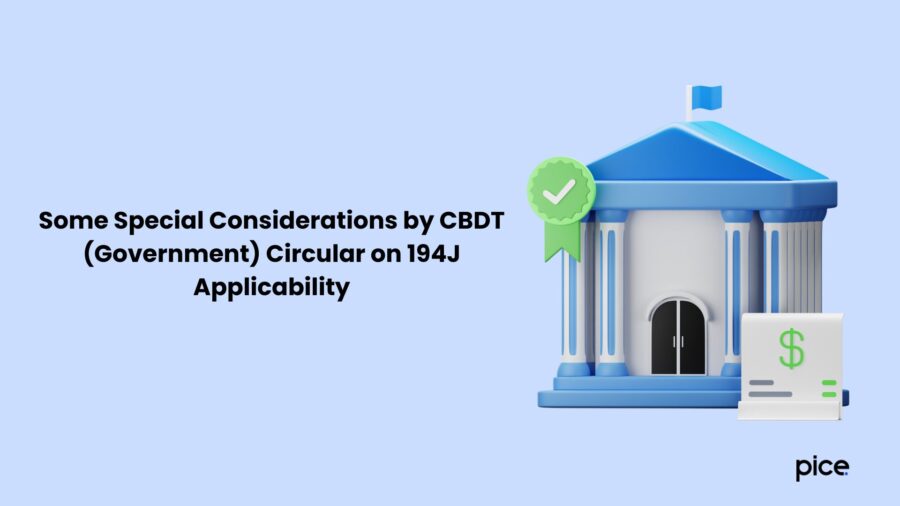
Here are the special announcements by the CBDT Board pertaining to the aspects mentioned below:
Routine Maintenance Contracts
TDS applies to any payment made for routine contracts which include spare supplies, under Section 194C. However, if such a payment is made for technical services, Section 194J applies.
Recruitment Agencies
If you make a payment to recruitment agencies, it will be subject to taxation under Section 194J of the Income Tax Act, 1961.
TDS Deduction on GST Amount
If your bill shows the GST (Goods and Services Tax) separately, TDS will apply to the amount before the GST application.
Media House
If a media house makes a payment to an advertising agency, TDS applies as per the norms of Section 194J.
When Is the TDS Statement Issued and By Whom Under Section 194J?
The deductor needs to issue the TDS certificate to the deductee in Form 16A on the following dates:
Period Due Date
- April - June 15th Aug
- July - September 15th November
- October - December 15th February
- January - March 15th June
Consequences of Non-deduction or Late Deduction of TDS
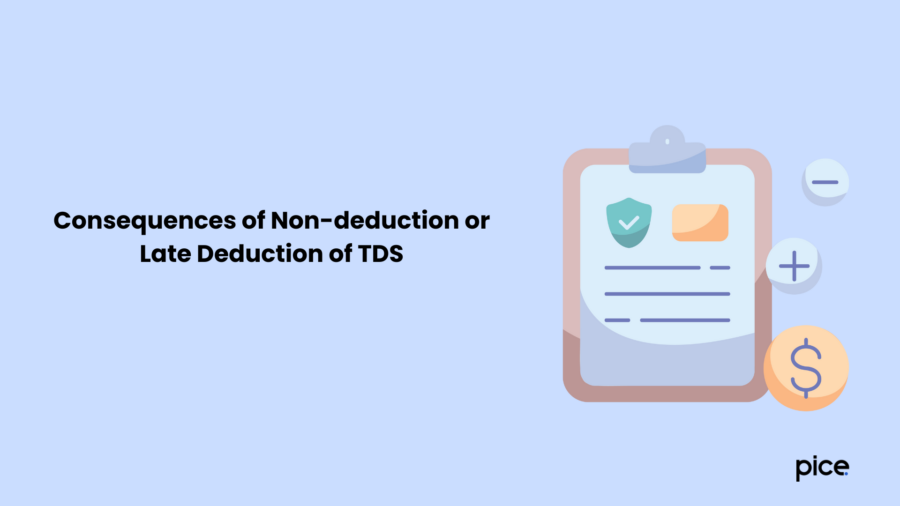
Here are the consequences of non-deduction of TDS:
Disallowance of Expenditure:
Section 40 (a)(ia) of the Income Tax Act states that any amount that you pay abroad or to a non-resident, which is taxable within the country for the receiver, should not be deducted if the tax is withheld and not paid to the Central Government within the return filing deadline. Nevertheless, if the tax is remitted or withheld in the following year, it needs to be deducted.
This section additionally mentions that if any amount is paid to a resident Indian subject to withholding tax, it would attract a 30% non-deductibility if the withheld tax is not remitted to the Indian Government within the due date of filing returns.
Levy of Interest:
The government imposes an interest on an individual who is liable to deduct TDS but does not deduct the same fully or partially. In such a scenario, the applicable interest rates are as follows:
- 1% per month or for the days of a month for which TDS is not deducted.
- 1.5% each month or for a part of the month when TDS is deducted and remitted to the Central Government.
Levy of Penalty:
In case an assessee fails to deduct TDS (under Section 192 to 196D), deposit TDS in accordance with Section 115-O (2) or the second proviso to Section 194B, he/she is liable to pay a penalty. The total penalty amount varies; however, it can be equal to the amount of TDS that the deductor fails to deduct.
In addition, if an assessee fails to pay the tax demand that the assessing officer raises, the former might have to pay a penalty under Section 221. Notably, the penalty amount cannot exceed the amount of tax; however, it might vary based on the time frame of non-payment.
Prosecution:
In case a tax deductor deducts TDS, however fails to deposit it with the government, then he/she might face imprisonment for 3 months to 7 years. To avoid adverse legal consequences, ensure you submit the deducted tax to the government within the stipulated deadline.
Conclusion
Accurate TDS entry for professional fees with GST helps adhere to tax laws in India. It further helps you avoid paying additional interest and penalties. The stipulated time for TDS certificate issuance by the deductor is the 15th of the month following the quarter.
Ensure you issue the certificate within the due date if you are a TDS deductor to comply with tax regulations. This further ensures timely vendor management, vendor delight and a complete supply chain solution in the connected finance ecosystem.
💡If you want to streamline your invoices and make payments via credit or debit card or UPI, consider using the PICE App. Explore the PICE App today and take your business to new heights.
FAQs
What is Section 194J and when does it apply?
Who is exempt from deducting TDS under Section 194J?
What types of services fall under professional and technical services for TDS?
What are the TDS rates under Section 194J?
10% for professional services, royalty (other than film rights), and director payments
20% if PAN is not furnished
The threshold limit is ₹50,000 per payee per year, except for director fees which have no minimum limit.
 By
By 





